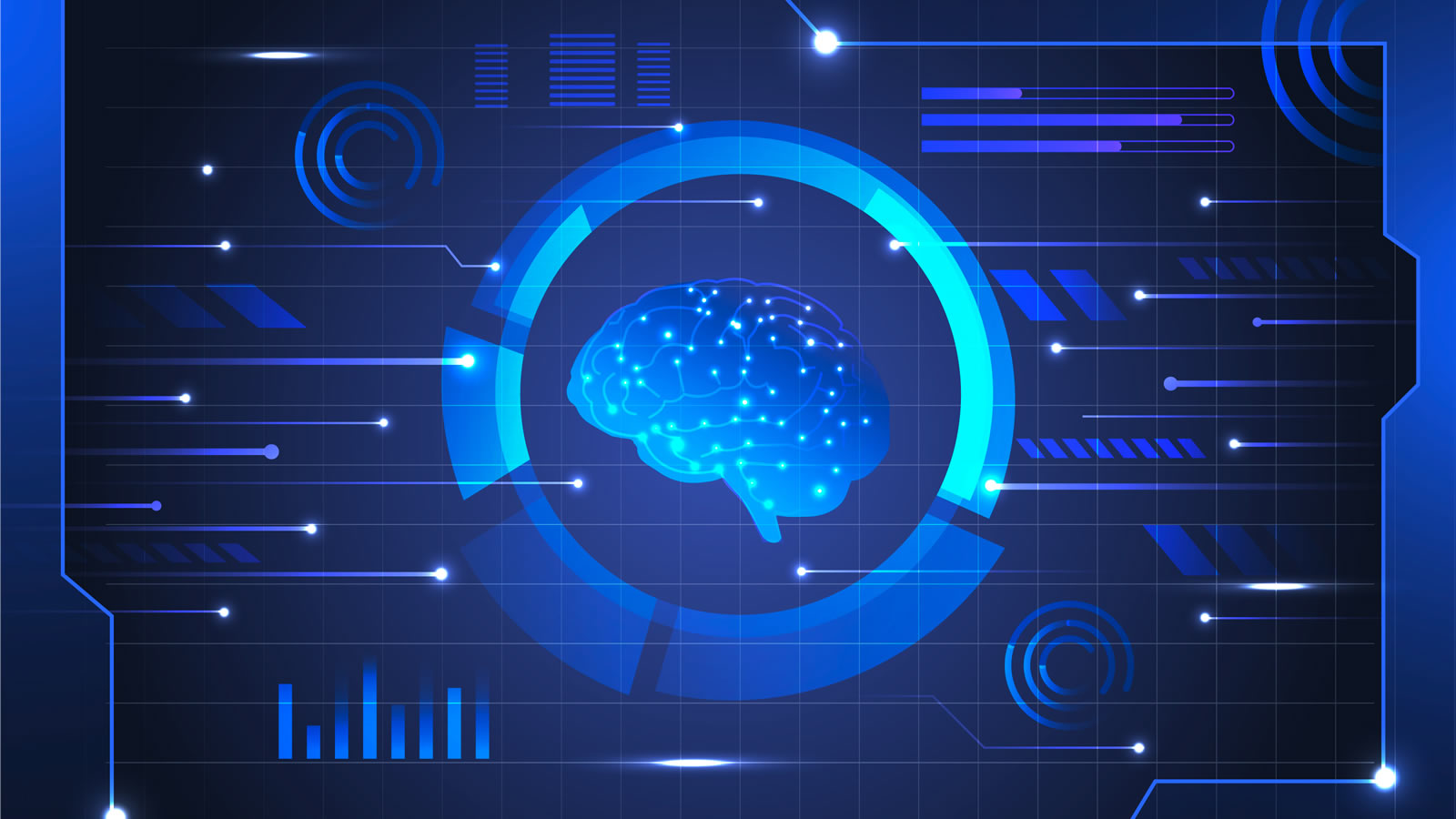The convergence of Artificial Intelligence (AI) and the Internet of Things (IoT) has given rise to a powerful synergy that is reshaping industries and redefining the way we interact with technology. AI, with its ability to analyze vast amounts of data and make intelligent decisions, coupled with the connectivity and data-gathering capabilities of IoT devices, opens up a world of possibilities. In this article, we will delve into the role of AI in IoT, explore its benefits, applications, and impact on various sectors, and shed light on the transformative potential of this dynamic duo.
The Power of Intelligent Connectivity:
At its core, IoT is about connecting devices and enabling them to communicate and share data. However, when AI is integrated into IoT systems, these connected devices become much more than mere conduits of information. They become intelligent entities capable of analyzing data, learning from patterns, and making informed decisions. AI algorithms, combined with IoT sensors and devices, enable the extraction of valuable insights from the vast amounts of data generated by IoT networks. This paves the way for enhanced automation, predictive analytics, and intelligent actions that drive efficiency, productivity, and innovation across industries.
Enhanced Decision-Making and Predictive Analytics:
One of the most significant contributions of AI in IoT is its ability to empower data-driven decision-making. By leveraging AI algorithms, IoT devices can process and analyze real-time data, identify patterns, and make intelligent predictions. For instance, in the healthcare sector, AI-powered IoT devices can monitor patient vitals, analyze historical data, and detect anomalies, enabling healthcare professionals to proactively intervene and provide personalized care. In manufacturing, AI-driven IoT systems can analyze production data to identify potential bottlenecks, optimize processes, and predict maintenance needs, leading to improved efficiency and reduced downtime.
Transforming Industries:
AI's integration with IoT is transforming various industries, bringing about disruptive changes and unlocking new opportunities. Let's explore some notable examples:
- Smart Homes and Cities: AI-powered IoT devices in smart homes can learn user preferences, adjust temperature and lighting, and even anticipate needs, enhancing convenience and energy efficiency. In smart cities, AI-based IoT systems enable intelligent traffic management, waste management, and public safety, leading to optimized resource allocation and improved quality of life.
- Healthcare: AI-driven IoT devices are revolutionizing healthcare by enabling remote patient monitoring, personalized medicine, and early disease detection. Connected medical devices, wearables, and AI algorithms work in tandem to provide proactive and precise healthcare interventions, leading to better patient outcomes and reduced healthcare costs.
- Agriculture: AI in IoT is revolutionizing agriculture by enabling precision farming practices. IoT sensors collect data on soil moisture, weather conditions, and crop health, which is then analyzed by AI algorithms to optimize irrigation, fertilization, and pest control. This results in increased crop yields, reduced resource waste, and sustainable farming practices.
- Transportation and Logistics: AI-powered IoT systems are improving transportation and logistics operations by enabling intelligent fleet management, route optimization, and predictive maintenance. AI algorithms analyze data from connected vehicles, sensors, and logistics networks to enhance efficiency, reduce fuel consumption, and optimize delivery schedules.
Challenges and Future Implications:
While the combination of AI and IoT holds immense potential, it also poses certain challenges. Privacy and security concerns, data management, and interoperability issues are among the key hurdles that need to be addressed. However, as advancements in AI and IoT technologies continue, these challenges can be mitigated through robust regulations, standardized protocols, and advanced security measures.
Looking ahead, the future implications of AI in IoT are vast. As AI algorithms become more sophisticated and capable of learning and adapting in real-time, the potential for autonomous decision-making and intelligent automation will significantly expand. From autonomous vehicles and smart factories to personalized healthcare and sustainable cities, AI in IoT will continue to revolutionize industries, improve quality of life, and pave the way for a connected, intelligent future.
Conclusion:
The combination of Artificial Intelligence (AI) and the Internet of Things (IoT) is revolutionizing industries across the globe. By harnessing the power of intelligent connectivity, AI in IoT enables data-driven decision-making, predictive analytics, and automation, resulting in enhanced efficiency, productivity, and innovation. From smart homes and healthcare to agriculture and transportation, the transformative potential of AI in IoT is evident. Embrace this dynamic duo and position your organization at the forefront of the technological revolution.

